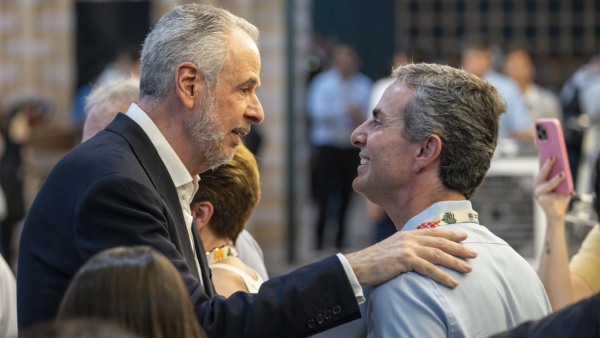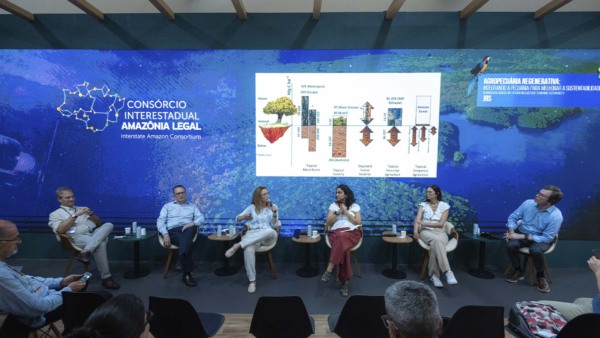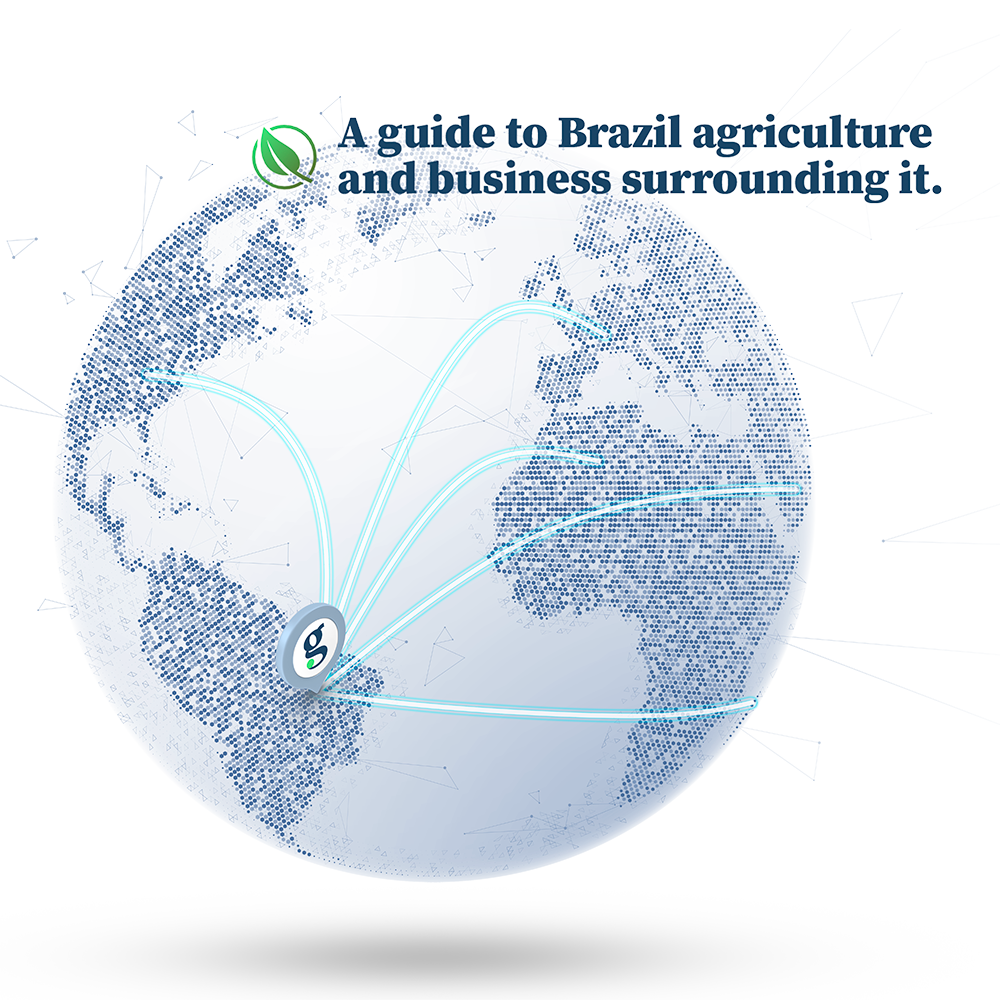Lavoro, Brazil’s largest crop retailer, reached an agreement to restructure roughly 2.5 billion reais ($460 million) in debt with suppliers, a move aimed at ensuring the continued flow of fertilizers and crop protection products while extending payment terms by up to five years.
“Given the circumstances, this is good news. There’s never a perfect solution in such situations, but this one is good enough for the entire sector and was built in a collaborative environment,” Lavoro CEO Ruy Cunha said in an interview with The AgriBiz. “The company comes out of this process with its liabilities restructured.”
The agreements were filed in court under an out-of-court restructuring as The AgriBiz first reported last Friday.
The restructuring applies to Lavoro’s Brazilian distribution business and Perterra, its crop input importing arm. Operations in Colombia and the CropCare, its biological business unit, were not included as their debts didn’t require renegotiation.
Advised by Alvarez & Marsal on both financial and operational restructuring, Lavoro secured agreements with creditors representing 35% to 40% of the total liabilities. Among them are major agrochemical producers such as UPL, BASF and FMC, as well as fertilizer players including Eurochem, according to Cunha.
Lavoro now has 90 days to extend the same terms to the remaining creditors. Under Brazilian law, the company needs support from creditors representing more than 50% of the restructured debt for the court to approve the plan.
“Due to the complexity of the process, we’ve only managed to reach a limited number of creditors so far,” Cunha said. “We expect that number to grow over the coming weeks.”
Payment Terms
The proposal offers creditors favorable terms for backing the plan — and less attractive ones for those who refuse. Dissenting suppliers would face a seven-year repayment schedule and a 50% haircut on the value of the debt.
Supporting creditors are classified into different tiers. Those who commit to keeping supplies will receive payment over five years, with biannual installments aligned with crop cycles. Up to 10% of their claims can be settled via product returns, and the debt will be adjusted by Brazil’s consumer inflation index (IPCA).
So-called “super-supporters” — suppliers agreeing to provide both credit and inputs going forward — will be repaid over four years, with up to 20% of the debt eligible for settlement through returned products. These claims will also be indexed to the IPCA.
A separate creditor class was created for seed companies, typically smaller suppliers requiring working capital. Their repayment schedule extends slightly beyond two years, with final maturity in September 2027, also indexed to inflation.
“Our concern was to ensure the participation of critical suppliers,” Cunha said.
Meanwhile, Lavoro also renegotiated 1.2 billion reais ($220 million) with Brazilian banks. As a result, financial institutions are not part of the court-supervised process.
Downsizing
While undergoing financial and operational restructuring, Lavoro is preparing a downsize. “We will be a smaller, more profitable, and more resilient company in the face of this new environment,” Cunha said.
That shift is already visible. In the quarter ended in December, revenue dropped 27% to 2.25 billion reais, largely due to low inventory levels amid ongoing supplier negotiations.
The company has shuttered more than 70 retail locations and laid off employees — the workforce now totals 3,000 people, with 600 in sales across Brazil.
Still, Cunha is confident Lavoro will meet its restructured obligations without requiring new equity injections.
“The goal was to reach a capital structure that supports the company’s longevity. The plan was always to restructure without depending on outside investors — but of course, many things can change over the next few years,” he said, leaving the door open to future capital raises.
A recovery in farmer finances will also be key to improving Lavoro’s performance, Cunha noted. “Soybean payments were stronger than last year. April and May came in line with our expectations,” he said.








